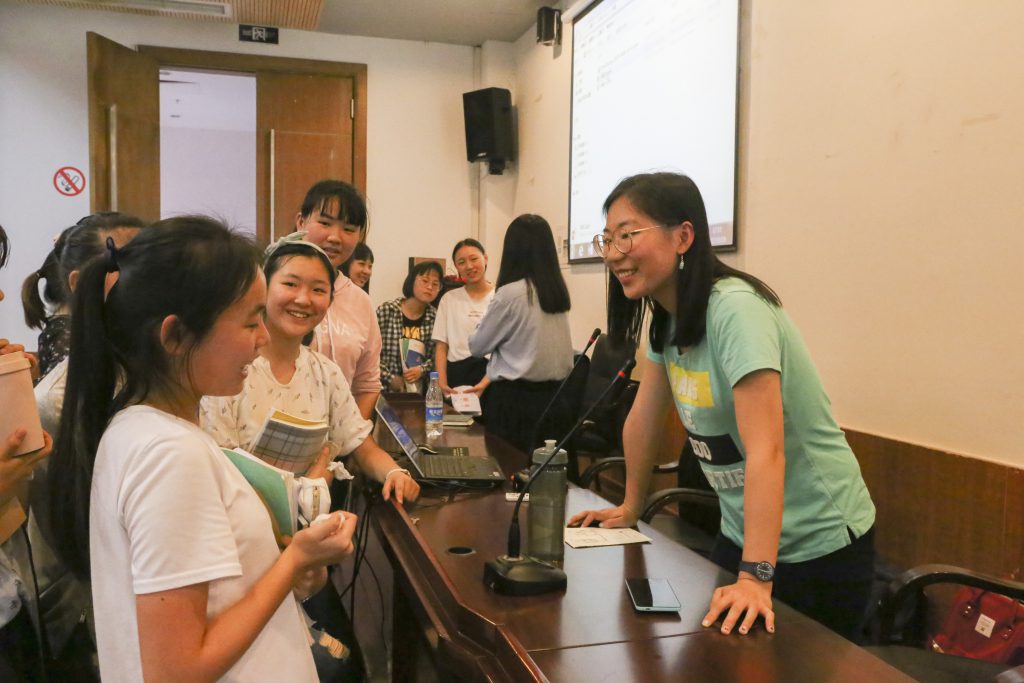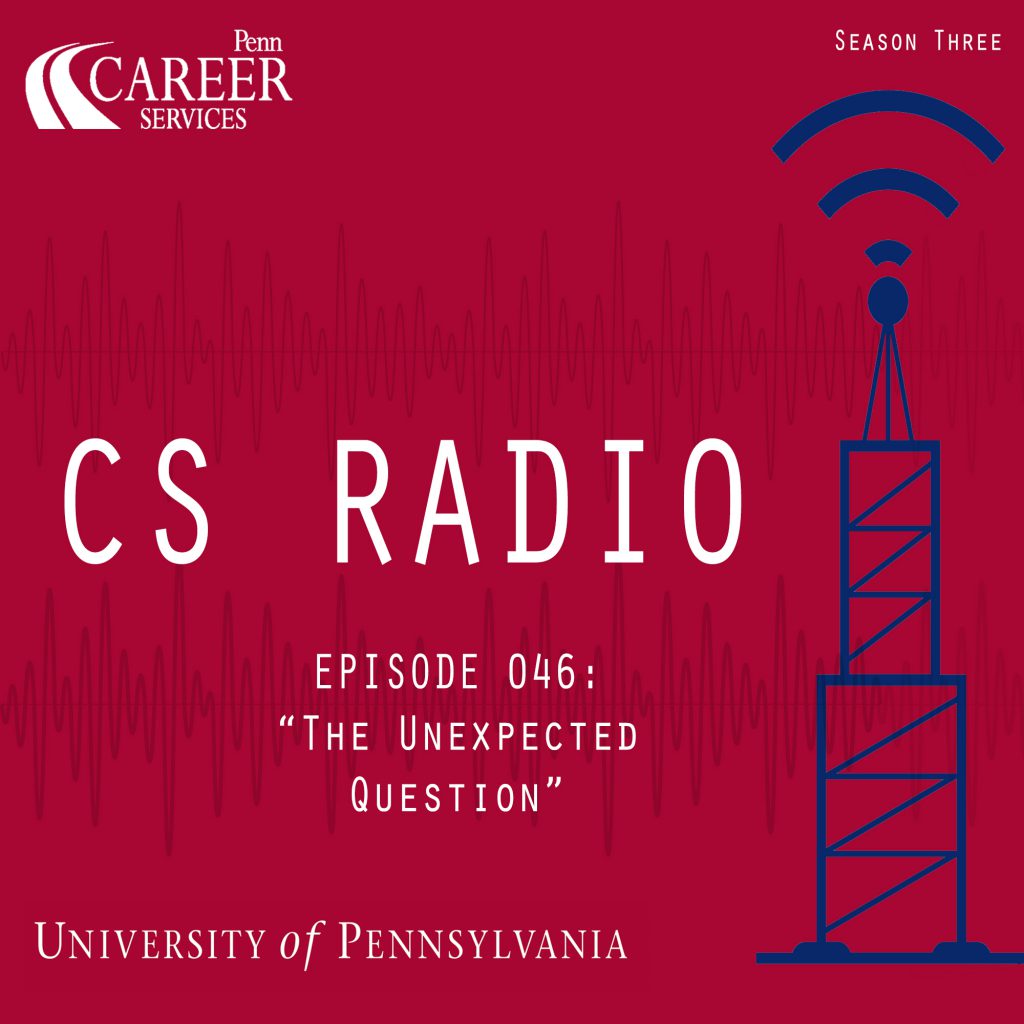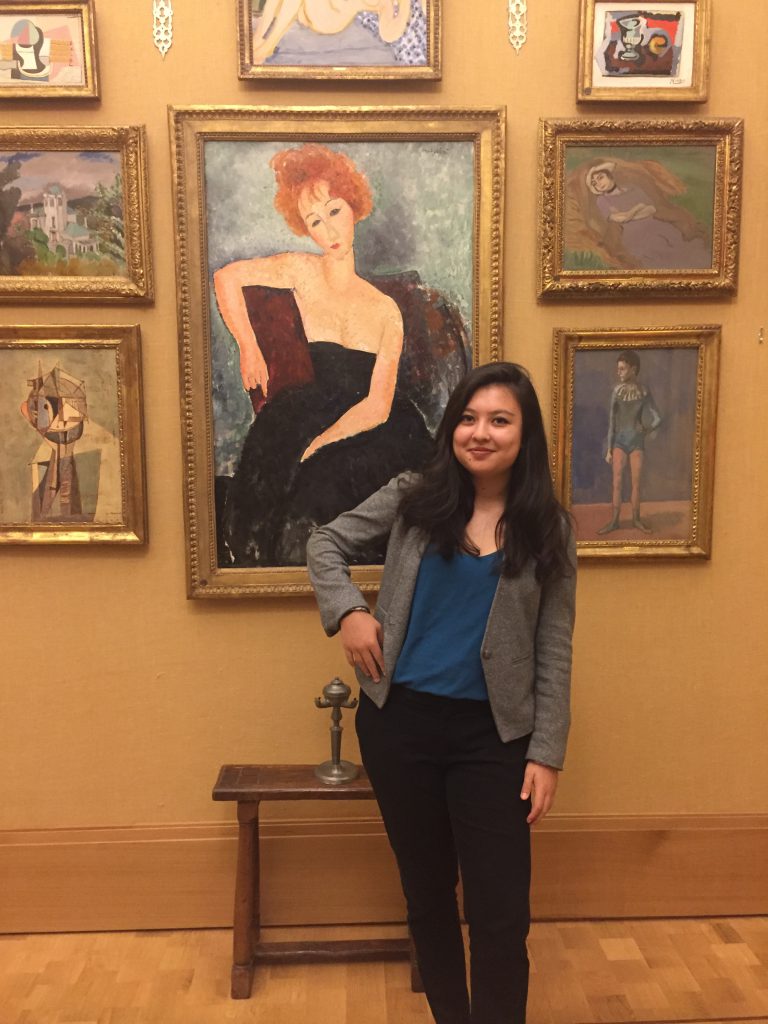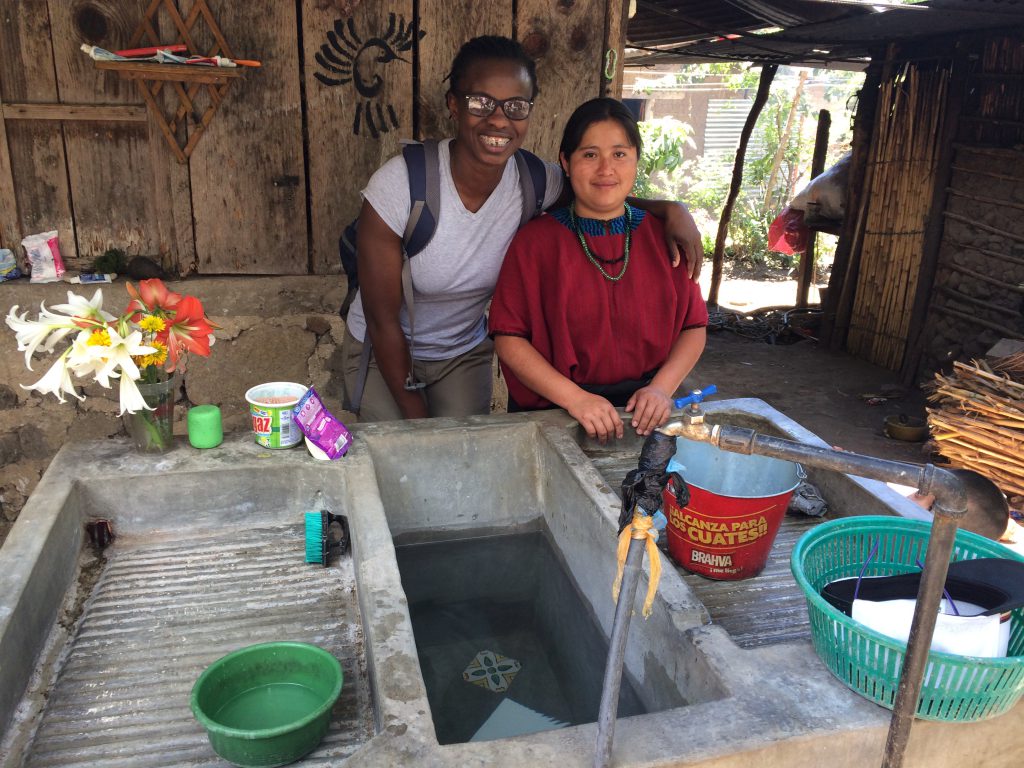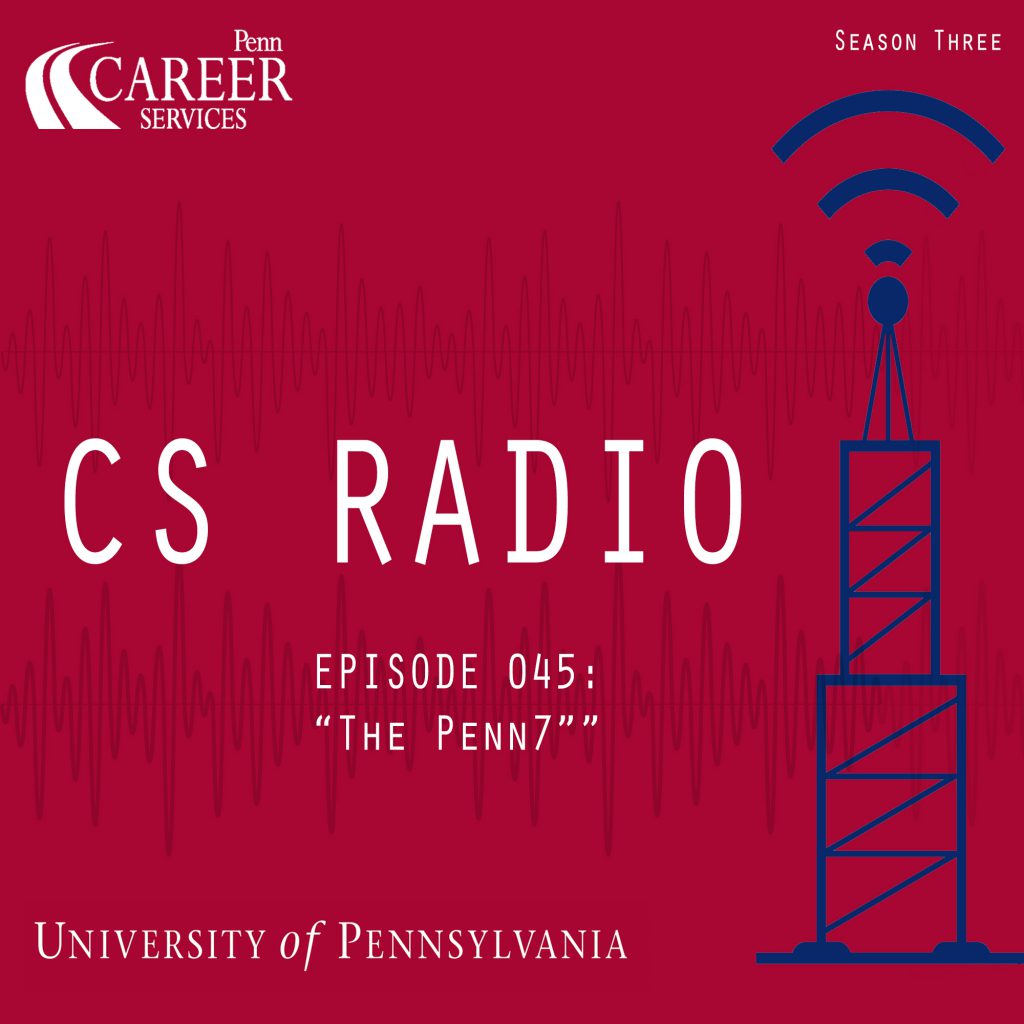This is the next in a series of posts by recipients of the Career Services Summer Funding Grant. We’ve asked funding recipients to reflect on their summer experiences and talk about the industries in which they’ve been spending their summer. You can read the entire series here.
This entry is by Yue Tang, MSEd, ’18
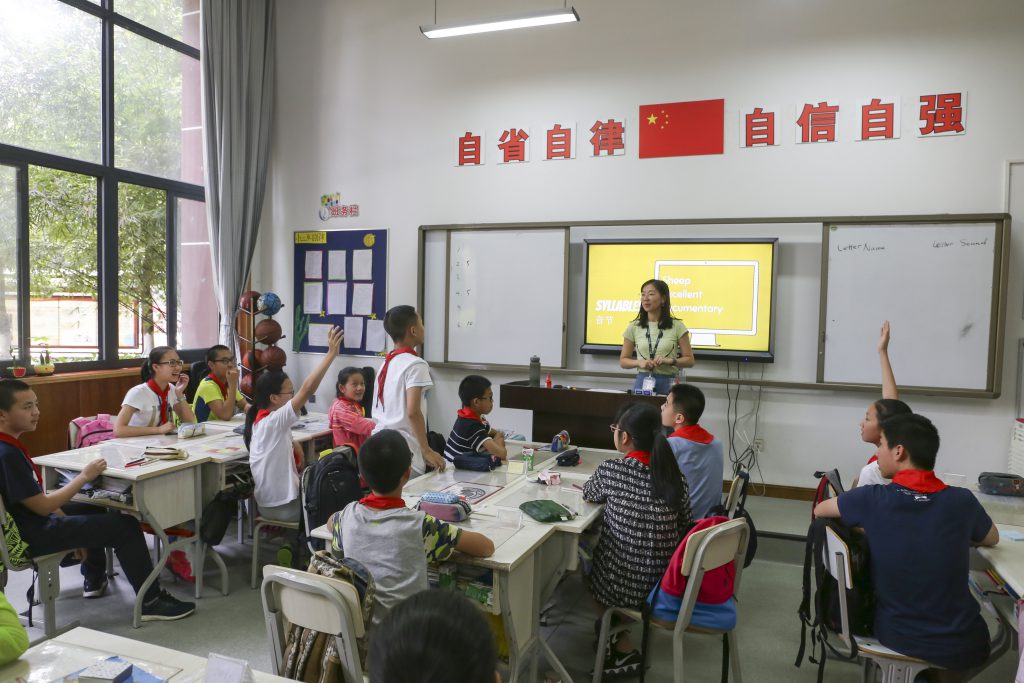
I spent my summer in Beijing with Pyker, an Education Technology company. Pyker develops an app for everyone to create one’s own animations within short period of time, aiming to provide access for people to express their ideas and creativity with ease and fun. My role in this internship started as a pedagogy consultant, then expanded to a practitioner, and gradually became a researcher who came to reflect on how to reach the “theory and practice blend”.
As an unprecedented product in the EdTech field so far, Pyker offered me the freedom to collect data, to assume, and to plan for each iteration as a curriculum designer to create K-12 animation courses. Resnick believes technology should offer us a low floor, a high ceiling and wide walls. Since Pyker had eliminated so many technical difficulties for people to make animations, the company prioritized my job, that was to lead children to take educational advantage of Pyker and drive things even further. Our team jumped out of the traditional animation teaching pattern, namely the technique-centered style, exploring how making animations might contribute to a child’s cognition and soft skill development. Our model attaches great importance to digital storytelling and creativity. For example, each lesson has a meaningful topic embedded in a well-plotted video made via the app (multifaceted thinking, communication, and etiquette, etc.), in which the storytelling session aims to promote logical thinking and the ability to collect and organize information; student will spend a great amount of time tinkering, pushing the boundary of their creativity, and converting oral stories into animations. It was a great opportunity to analyze the value of one EdTech product and to design a course for the product’s better application in education area.
Prior to this internship, I was worried about whether what I had learned from Penn would get along well with the Chinese market, but my internship in Pyker confirmed my belief that children should not be manipulated by technologies, instead, with their hands-on experience they should enjoy and benefit from their ownership. Another experience giving me the sense of achievement was to act as an animation teacher who could feel how students engaged into the class with the help of education technology. I really saw students carefully choose an appropriate scene, change the size of the characters, make them move successively, dub with dramatic and versatile voices, and confidently introduce their animations to the audience. Meanwhile, with my limited amount of knowledge in education technologies and Pyker’s platform, I managed to share my understandings of and confidence in tinkering and making equipped by technology with 200 middle school students. I passed along the message that things like robotics are not only for competitions, but also for inspiration, logic, culture, and self-expression. Most cheerfully, after testing several lessons in real classroom settings with children, I realized how much I enjoy using technology to enlighten students, witnessing their impressive progress them, and helping them utilize electronic devices wisely and positively.
I applied theories, practiced in real educational settings, and also tried to bridge these two. Now as a curriculum-designer-to-be, not only do I expect to enrich courses with scientific designs, but to inspire myself by getting closer to students.
